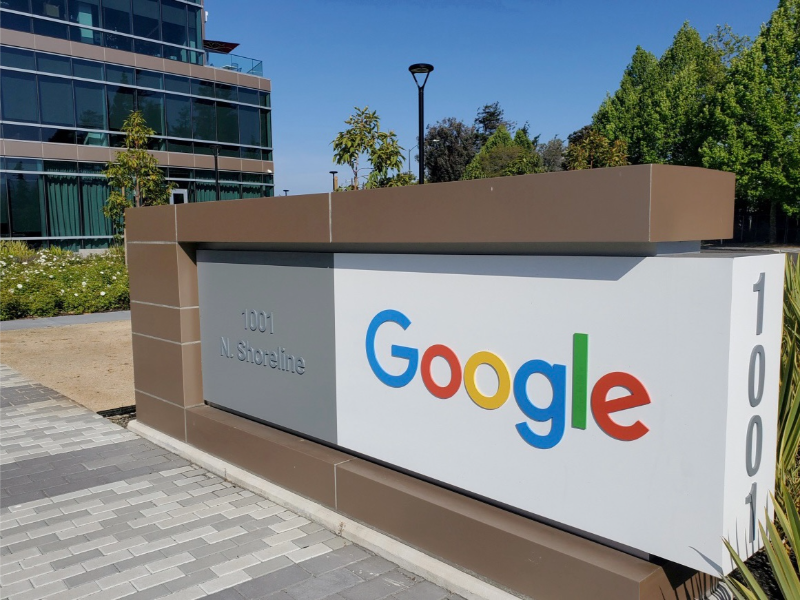- US court has ruled that Google’s search business constitutes an illegal monopoly, but dismissed allegations that Google’s advertising tools gave it an advantage over Microsoft’s Bing.
- The ruling can be favourable to Apple which has supported a similar position in an antitrust lawsuit with US prosecutors.
OUR TAKE
US federal judge has ruled in a major antitrust case that Google’s search business constitutes an illegal monopoly, but also dismissed allegations by some state governments that Google’s advertising tools gave it an unfair advantage over Microsoft’s Bing. It can have a positive impact on Apple which has adopted a similar defence strategy in its antitrust lawsuit against US prosecutors as it did in the Google case, suggesting that Apple will benefit from its own legal battle.
-Rae Li, BTW reporter
What happened
Earlier this week, U.S. federal judge ruled in a high-profile antitrust case, largely in favour of state and federal antitrust enforcement agencies that Google’s search business constituted an illegal monopoly. The ruling marks a major setback for Google in its legal battle with the US government.
However, the judge dismissed allegations made by several US state governments that claimed one of Google’s advertising tools was designed to give the company an unfair advantage over rival Microsoft Bing. Thus, the ruling can have a positive impact on Apple, which has adopted a similar defence strategy in its own antitrust lawsuit as it did in Google’s case, indicating that Apple can benefit from its own legal battle.
Also read: Google’s antitrust violation confirmed by US judge
Also read: Google hires Character.AI talent and signs licensing agreement
Why it’s imoportant
The ruling that Google has been found to constitute an unlawful monopoly has far-reaching implications not only for Google itself, but also serves as a cautionary tale for the entire technology industry, suggesting that regulators are stepping up their scrutiny and restraints on large technology companies. The ruling may prompt other technology companies to reassess and adjust their business strategies to avoid similar legal risks.
For Apple, the ruling may bring indirect benefits. As Apple has adopted a similar defence strategy in its own antitrust litigation as in the Google case, Google’s defeat may provide a legal precedent and strategic reference for Apple. This can strengthen Apple’s position in the legal battle and influence the public and regulators’ perceptions of Apple’s business practices, thereby improving Apple’s legal and market environment to some extent.

